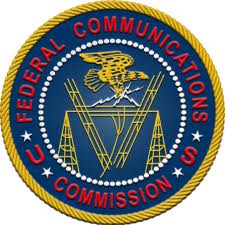The Federal Communications Commission continues to look for additional ways to foil scam and fraudulent robocalling operations, and it’s considering changing its rules around who has access to U.S. phone numbers as one of its strategies.
The FCC voted unanimously this week to take public comment on proposed rule changes around interconnected Voice over IP providers’ direct access to phone numbers, in order to “address problems that have arisen from the growth of widely available VoIP software that can allow bad actors to make spoofed robocalls with minimal technical experience and cost,” the agency said. New rules would would require VoIP providers applying for direct access to numbers to comply with anti-robocalling obligations, register with the FCC’s
“If you want to stop robocalls, you need to look far and wide,” Acting FCC Chairwoman Jessica Rosenworcel said. “You need to identify every policy and every practice that makes it possible for these nuisance calls to get through.” She went on to explain that six years ago, the FCC decided to allow those interconnected VoIP providers to get numbers directly, rather than through a traditional telecom carrier. It provided greater competition, Rosenworcel said, but the process needs more oversight in order to get VoIP providers to more actively prevent access by robocalling operations.
“Those picking up these numbers should not be in the business of facilitating robocalls, which is all too easy to do with VoIP technology,” Rosenworcel said.
Also on the topic of anti-robocalling efforts, the FCC voted to establish a process by which disputes over STIR/SHAKEN authorization tokens could be appealed from the private Governance Authority (administered by ATIS) to the FCC. In order to participate in the STIR/SHAKEN framework, providers have to have a digital token that can be revoked by the GA. The FCC put in place an appeals process
In related news, Rosenworcel recently appointed new members to the North American Numbering Council (NANC), which has been re-chartered for an additional two years through fall 2023. At the first meeting on October 13, members of NANC will vote on recommendations from the Call Authentication Trust Anchor working group related to deployment of STIR/SHAKEN by small voice service providers during their extension period from the STIR/SHAKEN implementation deadline, which was at the end of June 2021.

